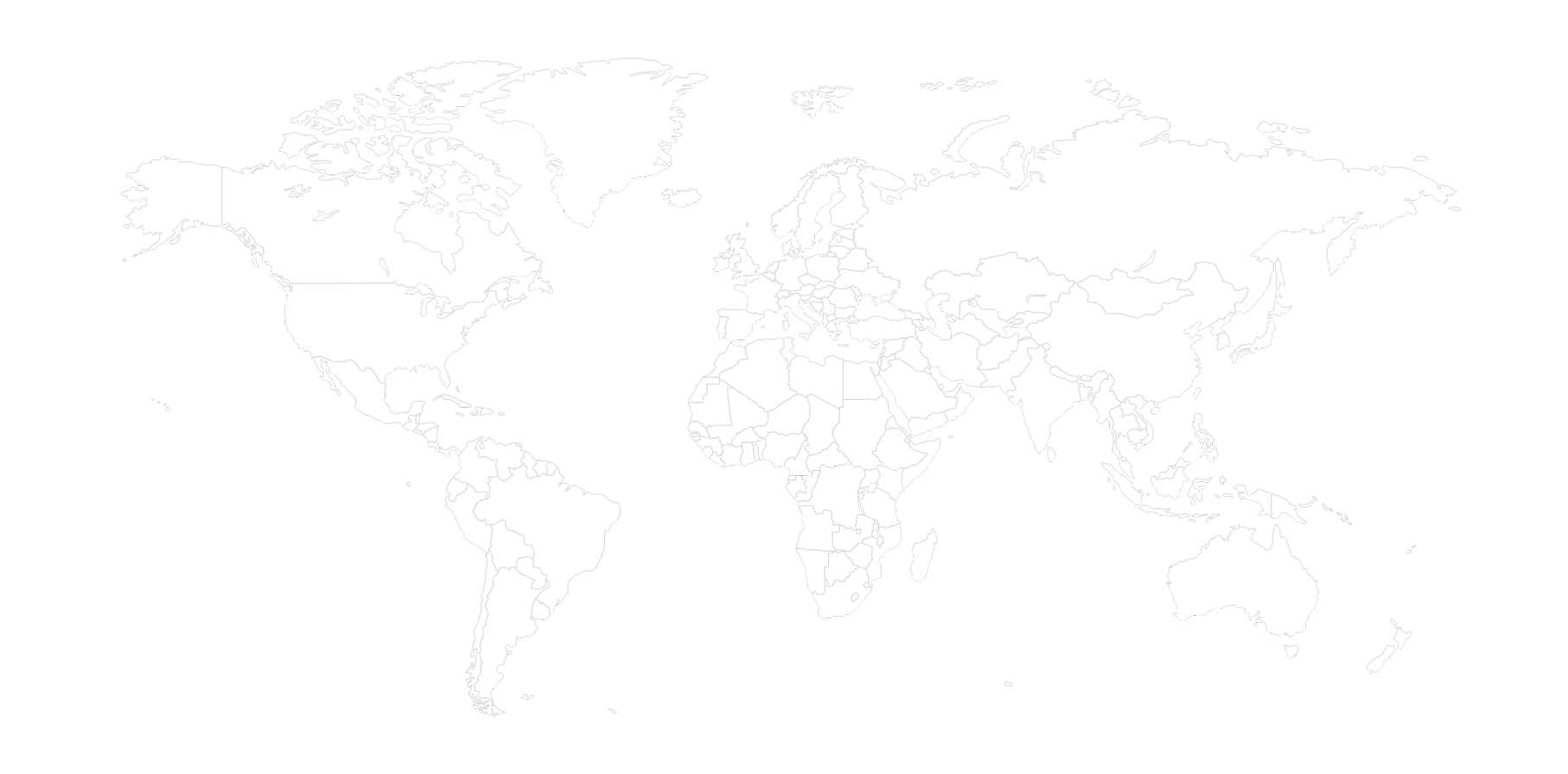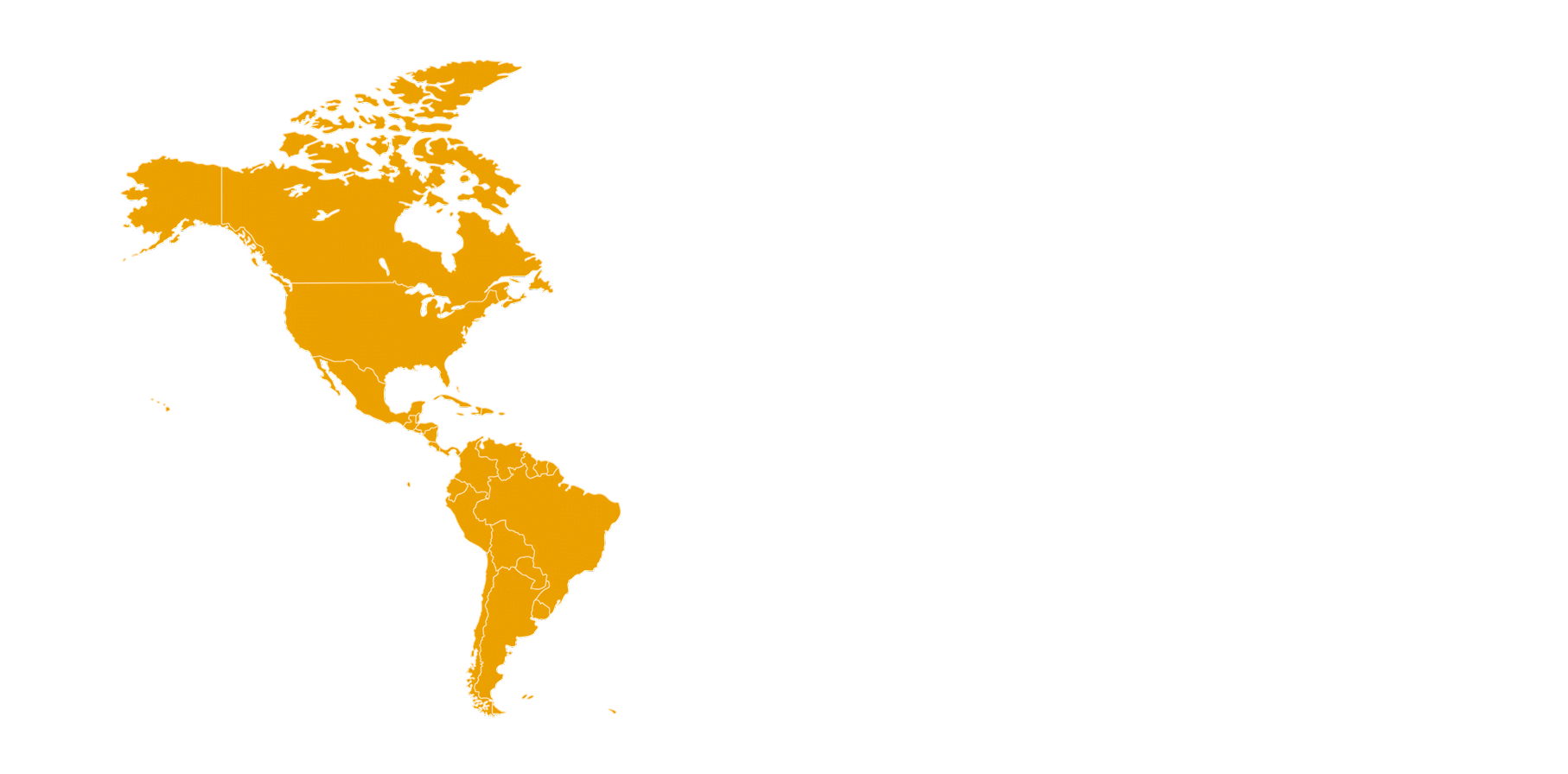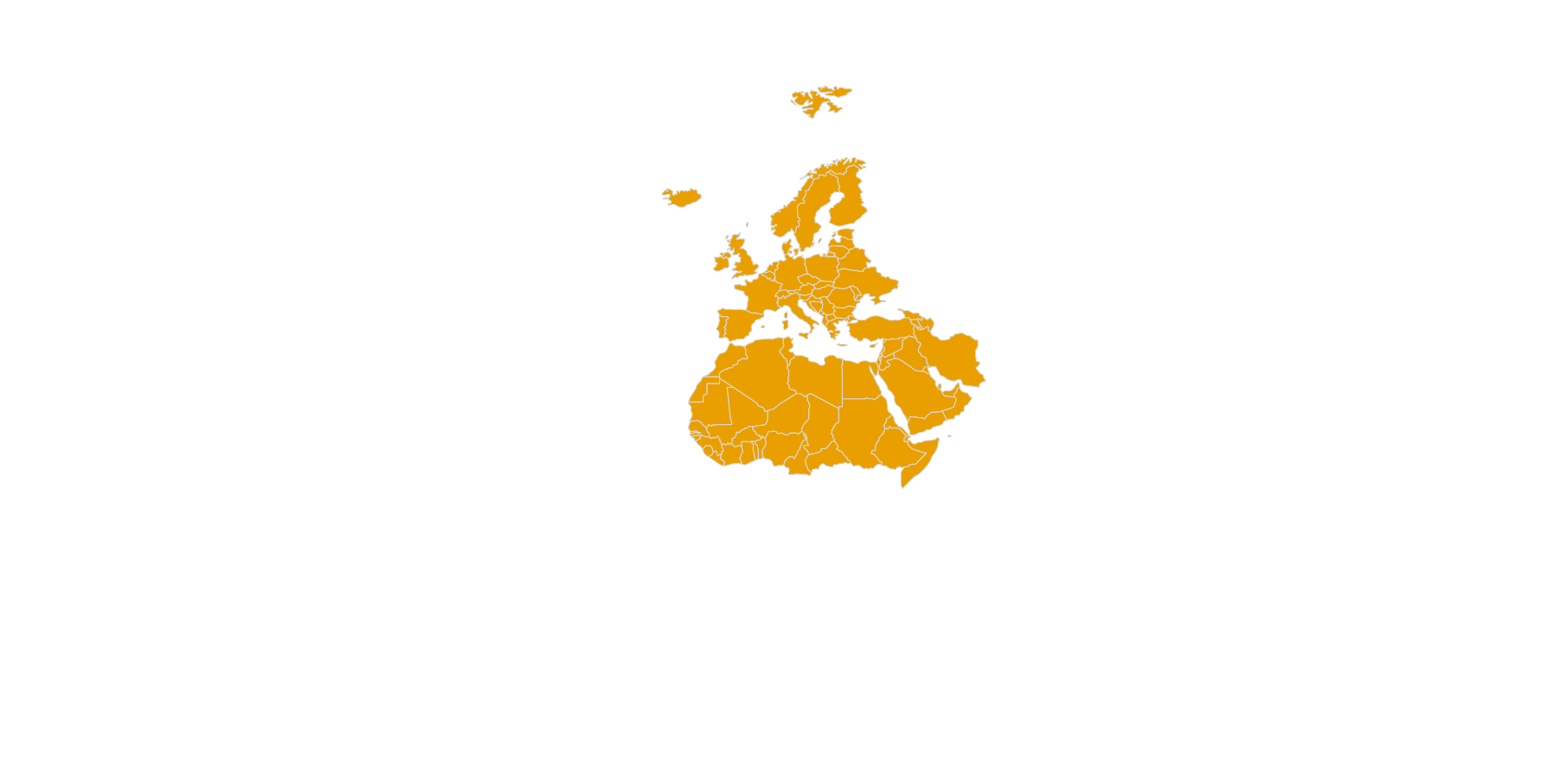Background
Sand and Dust Storms (SDS) are common meteorological hazards in arid and semi-arid regions that generate large amounts of airborne mineral dust particles. Dust particles lifted by strong winds reduce visibility to near zero in regions near the sources and are regularly carried over distances of thousands of kilometres before being deposited over the land and ocean.
Dust is an essential element of the Earth’s natural biogeochemical cycles, but is also partly caused by human-induced drivers, including climate change, unsustainable land management, and water use. In turn, sand and dust storms contribute to climate change and air pollution. They have become a serious global concern in recent decades due to their significant impacts on the environment, health, agriculture and socio-economic well-being. Their impacts are felt in many regions of the world and tackling them is aligned with several targets of the Sustainable Development Goals (SDG) established by the United Nations (UN). Over the last few years, there is an increasing need for accurate information and predictions on sand and dust storms, particularly over desert regions, such as Sahara and the Middle East. The provision of access to such information is fundamental to support the development of early warning systems and mitigation plans. Additionally, it responds to the growing interest of stakeholders from different sectors, such as solar energy plant managers, aviation professionals and policymakers from the aviation, environmental and public health sectors.
Recognizing the need for international coordination of the diverse community that deals with the societal impacts of sand and dust storms, the World Meteorological Organization (WMO) initiated the development and implementation of a Sand and Dust Storm Warning Advisory and Assessment System (SDS-WAS) in 2007. The mission of the SDS-WAS is to enhance the ability of countries to deliver timely and high-quality sand and dust storm forecasts, observations and knowledge to users through an international partnership of research, operational and user communities. This collaborative international framework facilitates the transfer of technology from research to society supporting the development of the most suitable products for the relevant sectors as identified by users.
The SDS-WAS operates as an international hub of researchers, operational centres and end-users, and is organized through Regional Nodes. All the activities, initiatives and events organized within each regional node are coordinated by a Regional Steering Group (RSG) and the associated Regional Center. Currently, there are three active Regional Nodes: Northern Africa, the Middle East and Europe (NAMEE); Asia; and Pan-America and Gulf Cooperation Council.
Regional Steering Group
The identification and organization of the activities of the Regional Node for Northern Africa, Middle East and Europe are led by its Regional Steering Group (RSG) , and are supported by the Regional Center. The RSG consists of representatives of the regional node members, covering research, operations and selected users.
Melanie Ades
Member
European Centre for Medium-Range Weather Forecasts (ECMWF), United Kingdom
Contact
Carlos Pérez García-Pando
Member and RC Representative
Barcelona Supercomputing Center (BSC), Spain
Contact
Georgy Stenchikov
Member
King Abdullah University of Science and Technology (KAUST), Saudi Arabia
Contact






